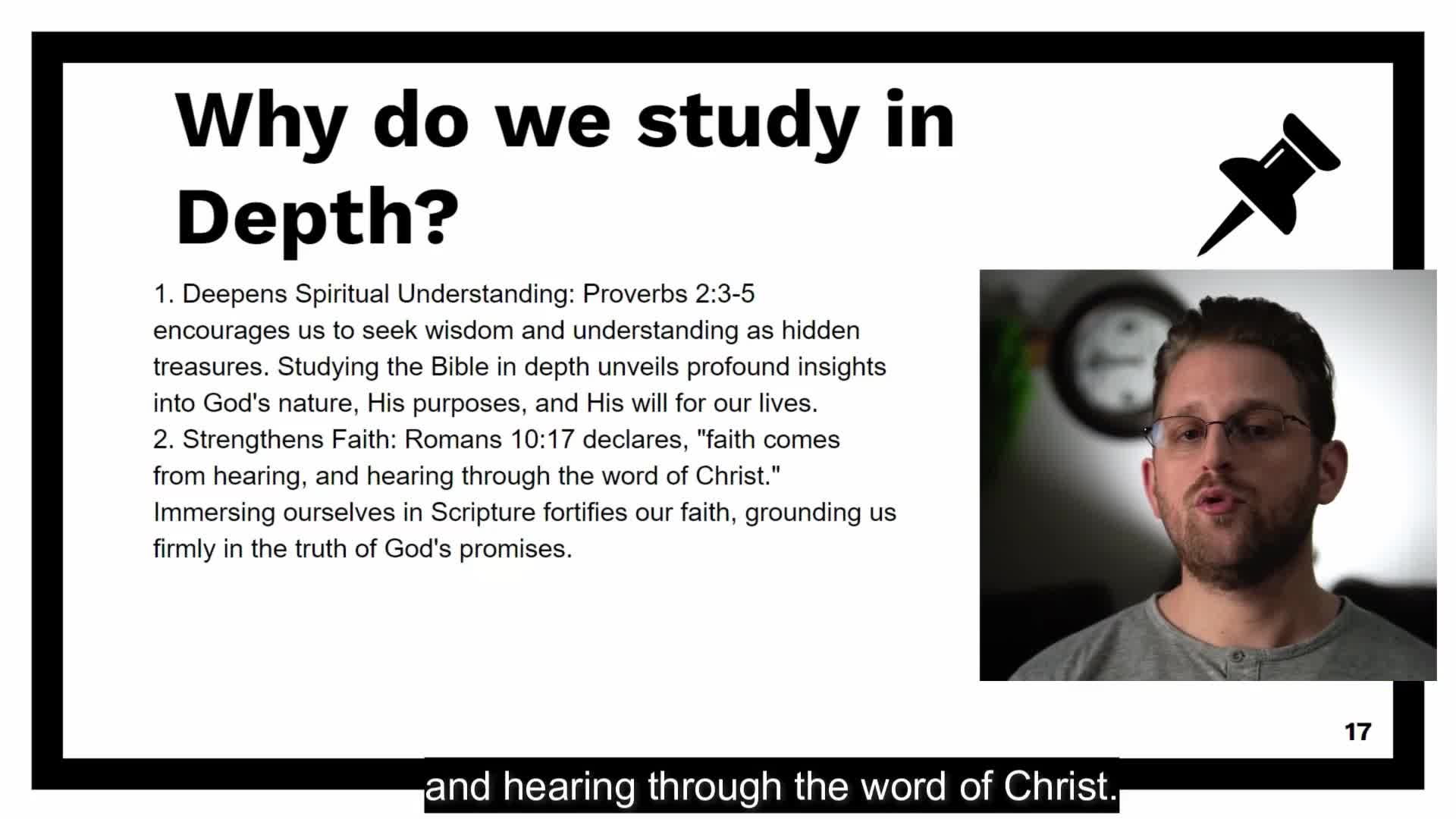History of Systematic Theology
**The Historical Development of Systematic Theology**
Systematic Theology, a structured approach to understanding religious beliefs, has a rich history that spans centuries. Its evolution has been influenced by key thinkers, historical events, and changes in Christian thought.
In this lesson we will explore the development of Christian Beliefs through systematic theology.
By then end of this lesson you will have a clear understanding of where it started and how it has evolved throughout the years to our present day.
**Early Christian Beginnings (1st - 3rd Century)**
The roots of Systematic Theology can be traced back to the early Christian Church. During this period, Christians were focused on understanding and defining their beliefs, especially in the face of persecution. The Apostolic Fathers, such as Ignatius of Antioch and Polycarp, contributed to the early theological foundations.
**Patristic Period (4th - 7th Century)**
Theological development continued as the Church grew and faced various challenges. Influential figures like Augustine of Hippo and Origen played significant roles in shaping Christian doctrine. Augustine, for example, developed ideas about original sin and predestination, which later became central in Systematic Theology. (more on this later in the course)
**Scholasticism (11th - 17th Century)**
During the Middle Ages, Scholastic theologians like Thomas Aquinas sought to reconcile Christian theology with the philosophy of Aristotle. This period marked an era of great intellectual exploration, leading to the organization of theology into structured systems. Aquinas, for instance, laid the groundwork for a systematic understanding of God and His attributes.
**The Reformation (16th Century)**
The Protestant Reformation, spearheaded by figures like Martin Luther and John Calvin, had a big impact on Systematic Theology. The Reformers emphasized the authority of Scripture, faith, and salvation by grace alone. Their teachings led to the development of systematic explanations of these doctrines in contrast to Roman Catholic theology. This was a big step in the development process.
**The Enlightenment and Modern Theology (18th Century - Present)**
The Enlightenment brought new challenges to religious thought. Theology became more diverse and critical. The rise of liberal theology, exemplified by Albrecht Ritschl, introduced new ideas about the relationship between faith and reason, and the interpretation of the Bible.
In the 19th and 20th centuries, theologians like Karl Barth and Rudolf Bultmann redefined Systematic Theology in response to the challenges of modernity. Barth, for instance, emphasized the importance of God's revelation and the limitations of human understanding.
Show Transcripts



